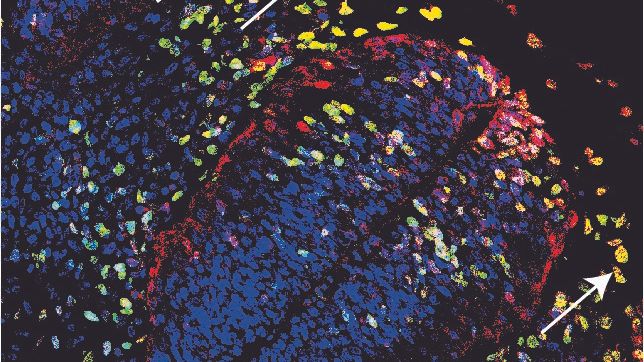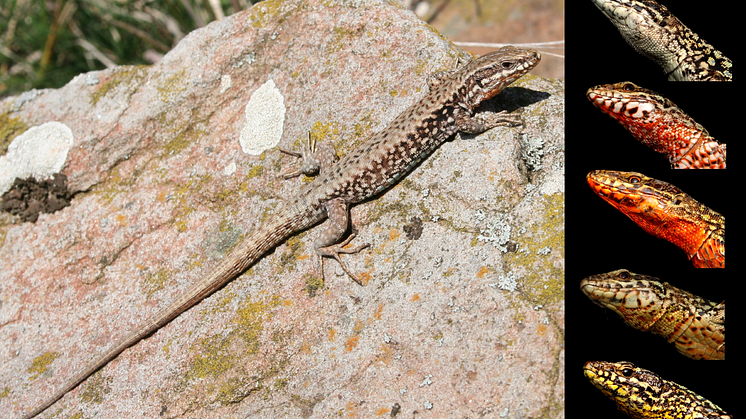Inhibition of ribosome biogenesis as a novel approach for multi-stage cancer treatment
Nearly ninety per cent of all cancer patient deaths are due to metastasis. A study from Uppsala University shows that a process that allows the cells to metastasise is aided by the synthesis of new ribosomes, the cell components in which proteins are produced. The results open the possibility for new treatment strategies for advanced cancers. The study is published in Nature Communications.



